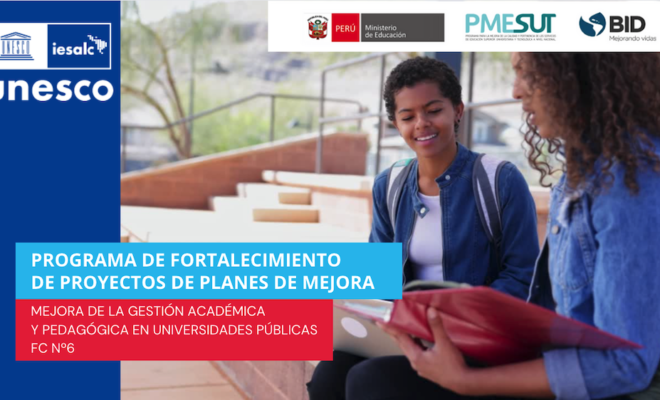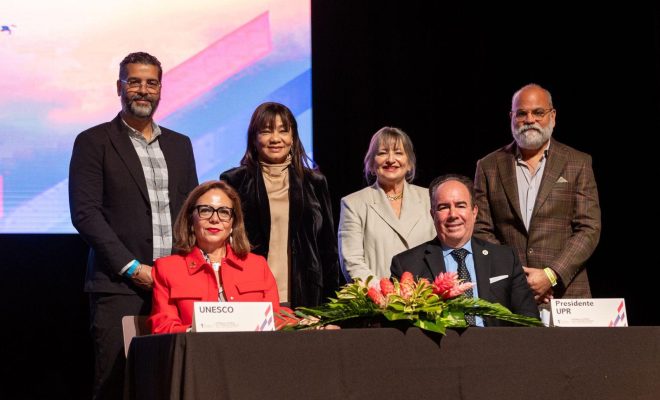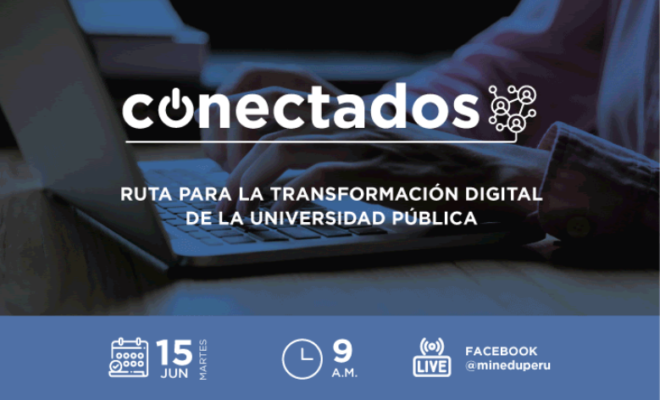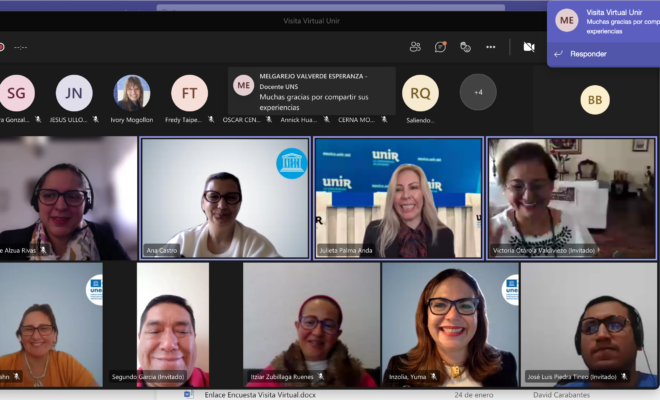New guides on remote education for university professors / Agencia Andina
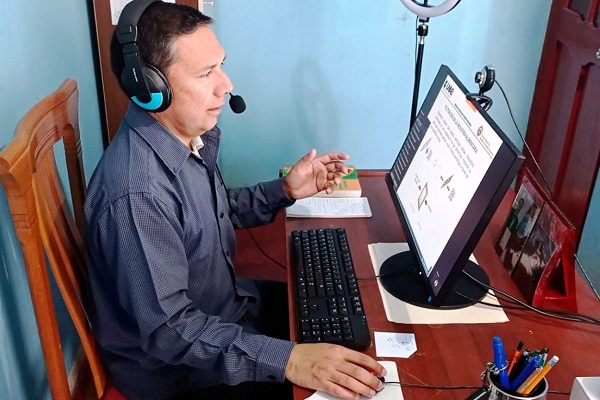
The Ministry of Education of Perú (Minedu), in alliance with the UNESCO International Institute for Higher Education in Latin America and the Caribbean (IESALC), has made available to university teachers three guides for the implementation of remote education as part of the Conectados strategy launched in May 2020.
The Minister of Education, Ricardo Cuenca, indicated that these guides will provide university teachers with different resources, tools, strategies and methodological routes for planning academic activities and adapting to this new form of teaching.
After greeting the more than 61,000 university teachers on their day, Cuenca highlighted their effort and dedication to carry out a very complex academic year in a difficult context caused by the COVID-19 pandemic.
The first guide, Self-diagnosis of institutional capabilities, offers guidelines for analyzing the capabilities of universities to develop virtual educational services.
The second, Identification and analysis of training content, includes a methodological proposal for the analysis and revision of curricula and syllabi. Finally, the third is dedicated to the development of competencies in teaching-learning processes. The guides can be found on the Conectados website.
In addition to this, Minedu has been working on different strategies with the aim of strengthening teachers’ competencies.
For this reason, together with the University of Engineering and Technology, it has implemented the pilot program “Conectados Courses”, which in its first edition offers Basic Mathematics and Organic Chemistry courses.
It is worth remembering that the Minedu allocated S/ 34 million for the special bonus to research teachers of public universities; likewise, it organized the I Conectados Congress, in which more than 11 thousand teachers strengthened their pedagogical, technological and emotional competencies.
It also granted S/ 66 million to public universities to finance Internet service for both teachers and students, and allocated a fund through the PMESUT to strengthen the capacities of universities in academic-pedagogical management, virtual education and academic innovation, among other actions.
Information reproduced from the original published on Agencia Andina
Photographs by Agencia Andina
RELATED ITEMS
